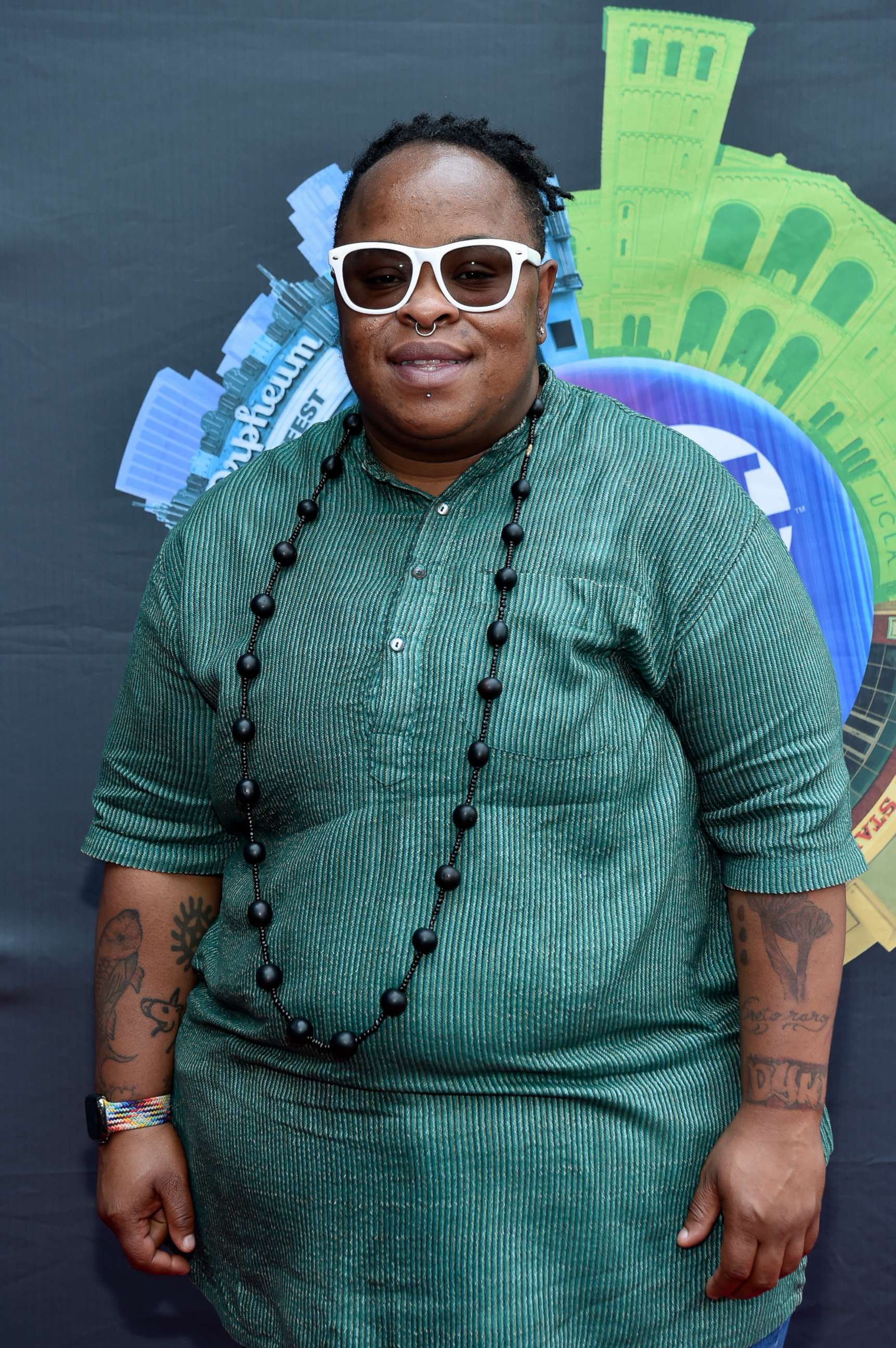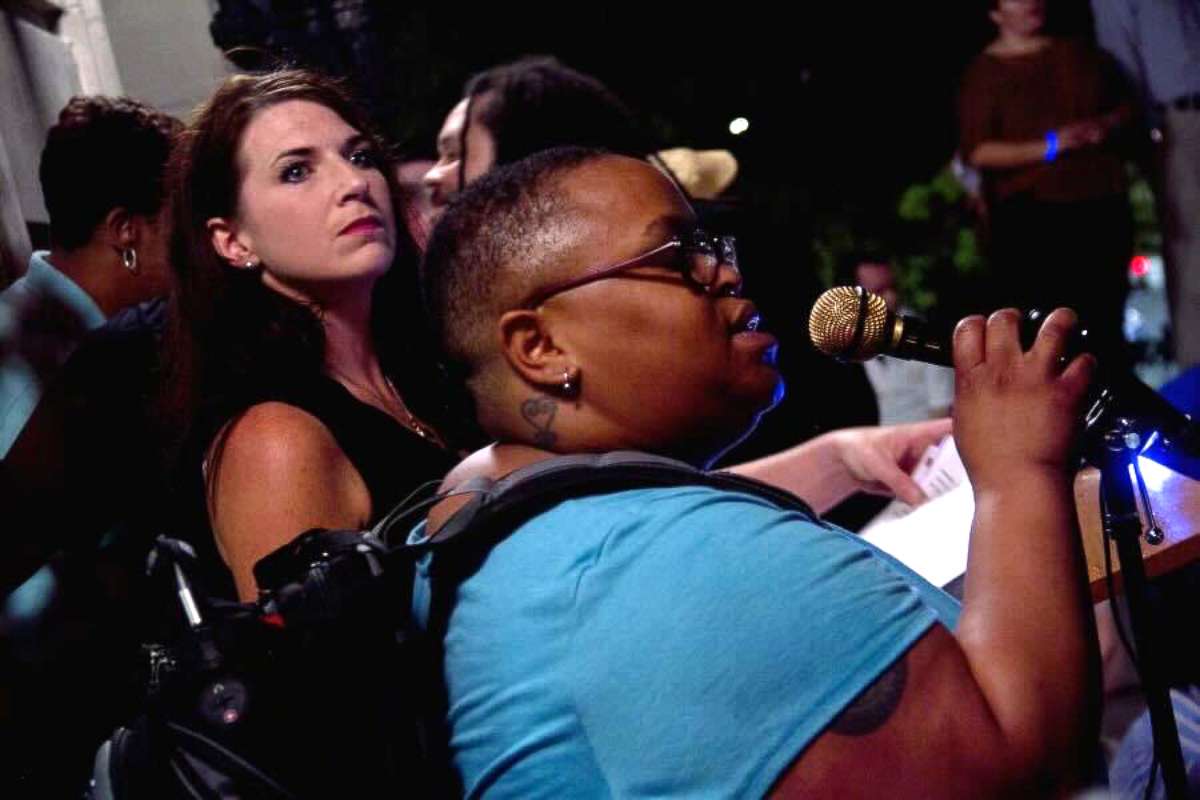Some transgender men call for inclusion amid abortion fight: 'We exist'
"We are an important part of this conversation."
In the aftermath of the U.S. Supreme Court ruling to overturn Roe V. Wade, the language around who's affected by abortion rights has largely focused on one group — cis-gender women but activists say that the conversation needs to include others who identify differently.
Bryan Ellicot, a non-binary transgender man living in New York City, said he needed an abortion in 2015 after a sexual assault. He says the conversation around reproductive rights needs to be more inclusive.
"Trans men who are open about having these conversations are open because we have nothing else to lose," Ellicot said to ABC News. "I want to support people, but I also want to validate that my feelings are part of this conversation."

Some people in the medical space are advocating for the need for inclusive language to acknowledge all who have reproductive organs, including Dr. Heather Irobunda, an obstetrician-gynecologist who says there are a lot of clinics in the U.S. that still call themselves women's health clinics.
"If you are a trans man, you're like, 'I'm not a woman,'" Dr. Irobunda said to ABC News. "So is this a place for me?"
According to the UCLA Williams Institute, there are nearly 2 million adults and teenagers living in the U.S. that identify as transgender. A lot of those who identify as transgender reside in the south, where abortion bans are most prevalent.

However, for many trans and non-binary people, getting an abortion is already a challenge even without restrictions. According to a report by the National LGBTQ Task Force, nearly one in five people report that they were refused medical care because they were transgender or gender non-conforming.
Danielle Small, 30, identifies as trans-masculine and says while living in Clearwater, Florida, navigating healthcare is not the most affirming space.
"We are an important part of this conversation. We exist," Small told ABC News. "When we exclude trans men out of the conversation, where are the safe spaces?"
Ash Orr, a transgender activist, attempted to read their statement as a survivor of rape on July 27 on the West Virginia Senate floor, but said their mic was cut off, and could not finish.
"While I was sharing my story, a female delegate began laughing when I said I was a childhood rape survivor and an abortion patient," Orr told ABC News. "I continued to get misgendered and then my mic was cut."

Although the conversation surrounding abortion rights intensifies for all, those in the LGBTQ+ community are still trying to change the language, making sure Americans have the whole picture. Cazembe Murphy Jackson, a former Community Organizer for the Rising Majority in Georgia, tells ABC News that having these conversations are needed.
"We say men can have abortions and I think it's a provocative statement and also one that can shift the narrative," Jackson said. "I think had I been denied access to my abortion, I'm just not sure if I would still be here."
If you are struggling with mental health distress including thoughts of suicide, substance use or emotional distress text or dial 988. Free help is available 24/7.




